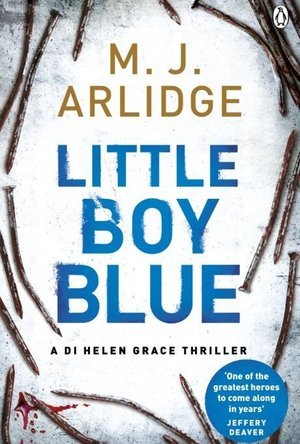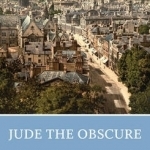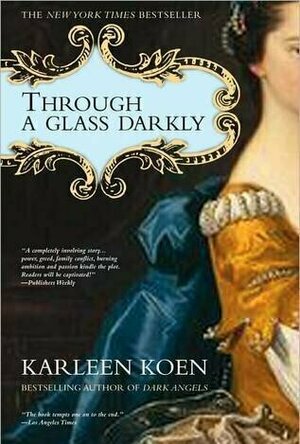Books Editor (673 KP) shared own list
Sep 20, 2017
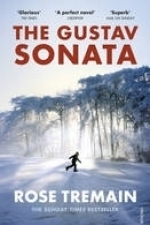
The Gustav Sonata
Book
This is the Sunday Times Top Ten Bestseller. It was shortlisted for the Costa Novel Award. What is...
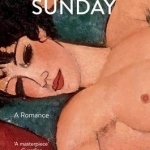
Mothering Sunday
Book
From the Booker-winning author of Last Orders and Waterland comes a long-awaited new novel -...

Golden Hill
Book
New York, a small town on the tip of Manhattan Island, 1746. One rainy evening, a charming and...
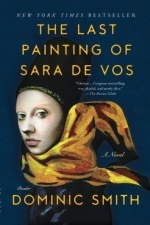
The Last Painting of Sara de Vos
Book
Amsterdam, 1631: Sara de Vos becomes the first woman to be admitted as a master painter to the...
Literary fiction historical fiction
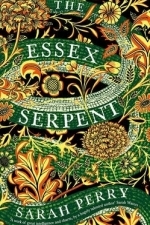
The Essex Serpent
Book
Essex Serpent Strange News Out of Essex...'One of the most memorable historical novels of...
and 8 other items
Dana (24 KP) rated Unmarked (The Legion, #2) in Books
Mar 23, 2018
Gisell Middleton (189 KP) rated Little Boy Blue in Books
Jul 12, 2018
Angela Silvester (2 KP) rated Twilight: The Graphic Novel, Vol. 1 (Twilight: The Graphic Novel, #1) in Books
Jul 9, 2018
Persepolis - Monovolume
Book
An autobiographical graphic novel describing Marjane Satrapi's youth in revolutionary war-torn Iran....
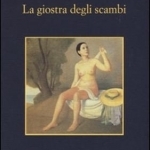
La giostra degli scambi
Book
The new thrilling novel from the master of Italian crime fiction. This time Montalbano is...

Coronel Lágrimas
Book
In the mountains of the Pyrenees an old hermit is given the task of writing a key to world history....


